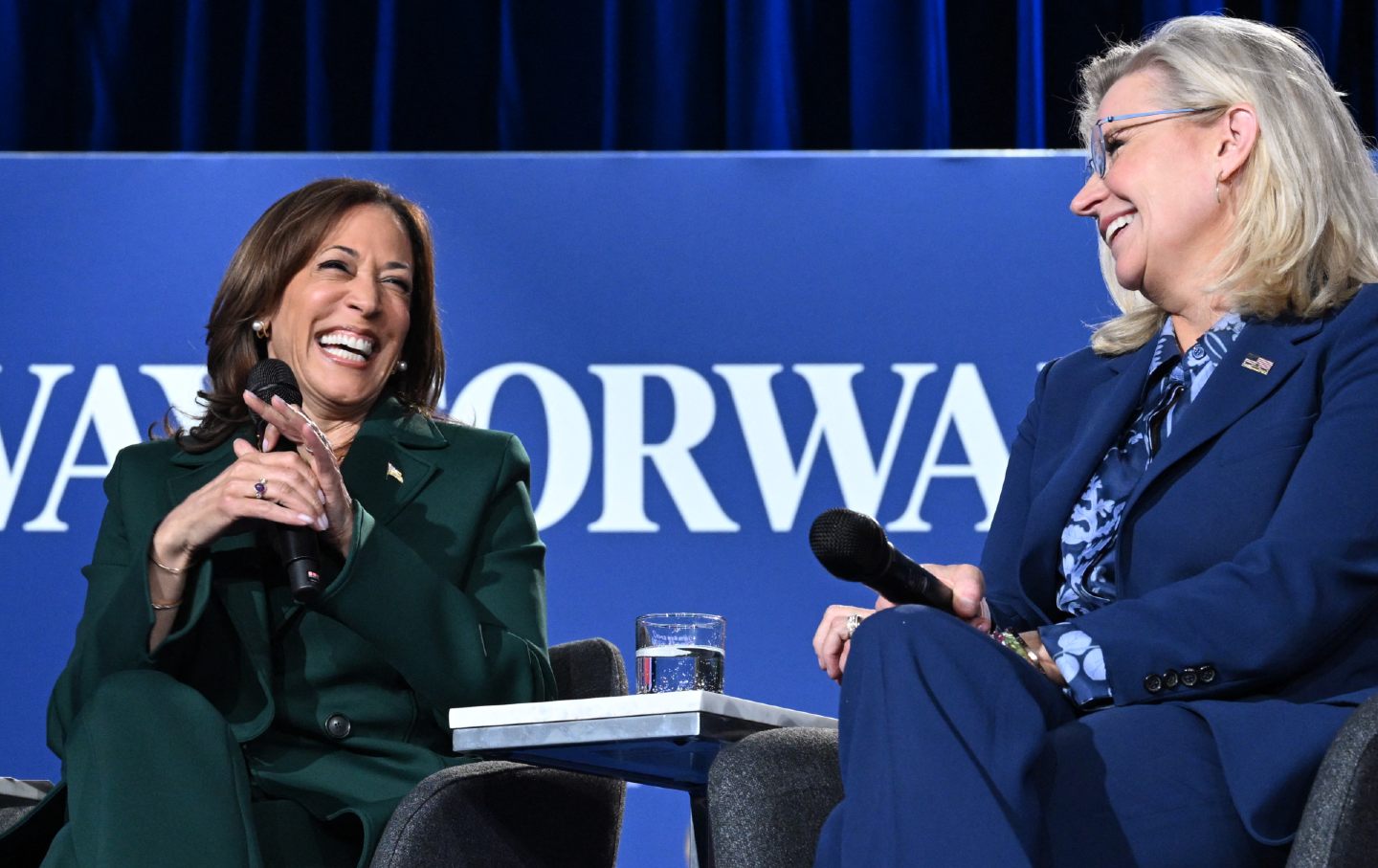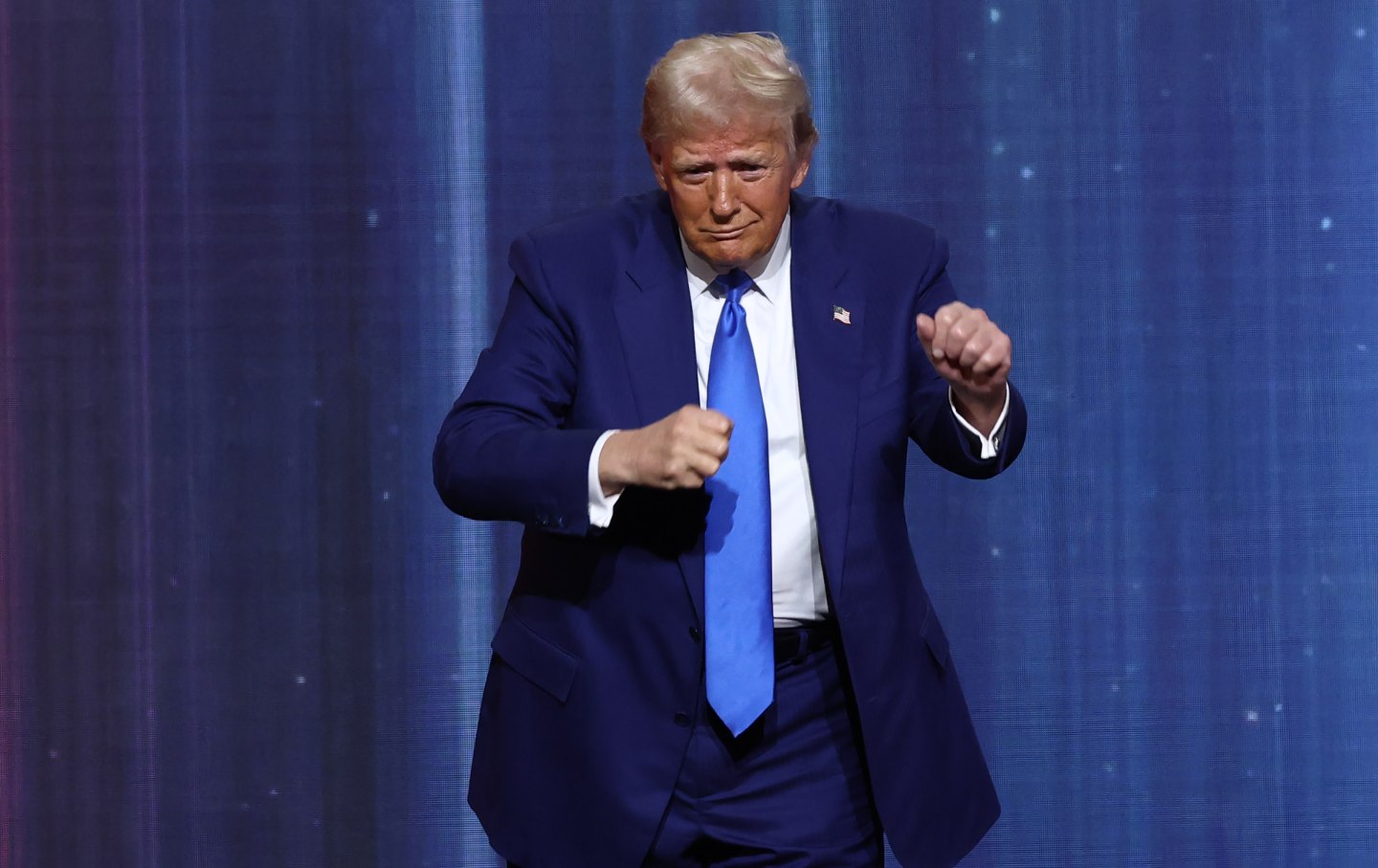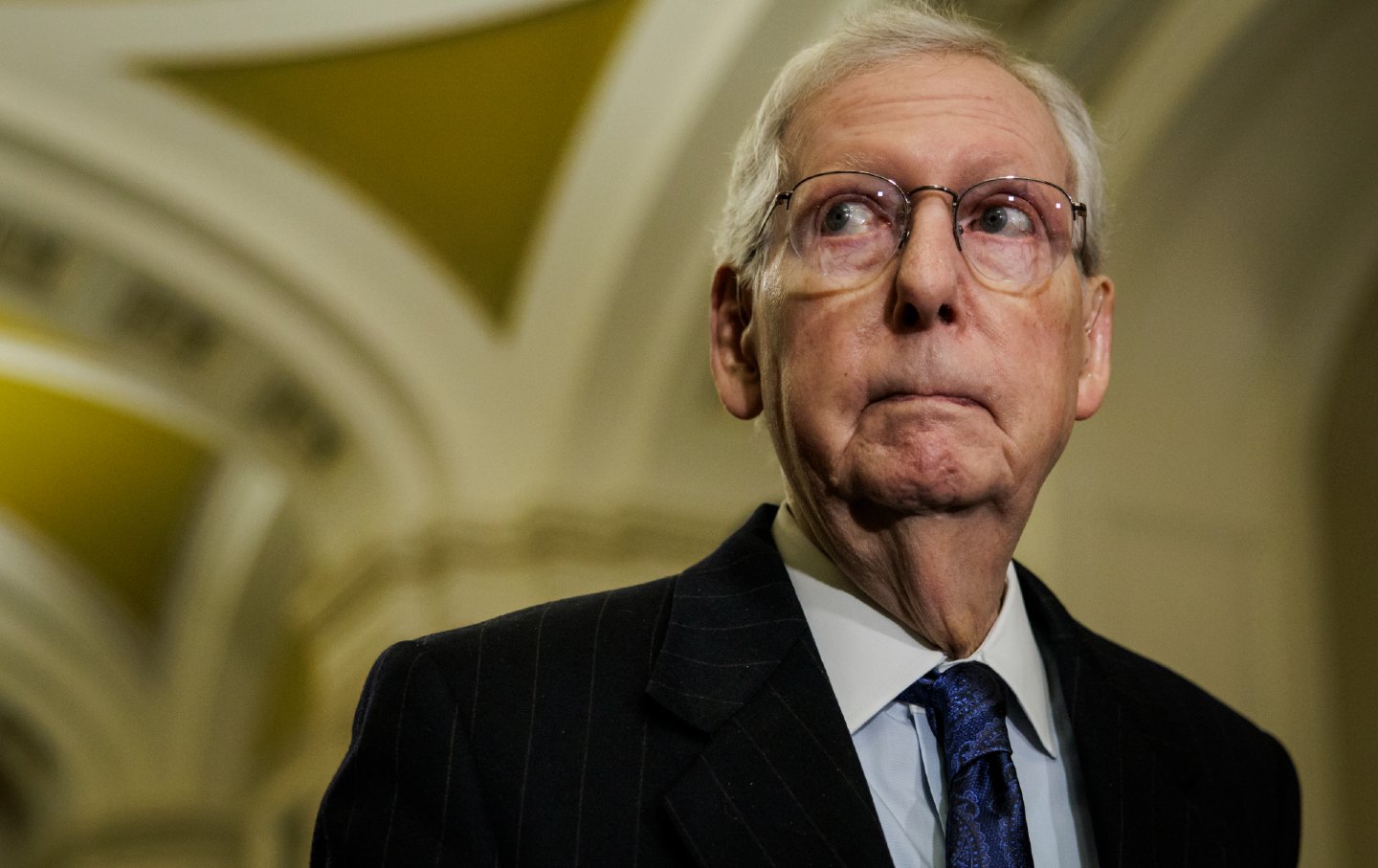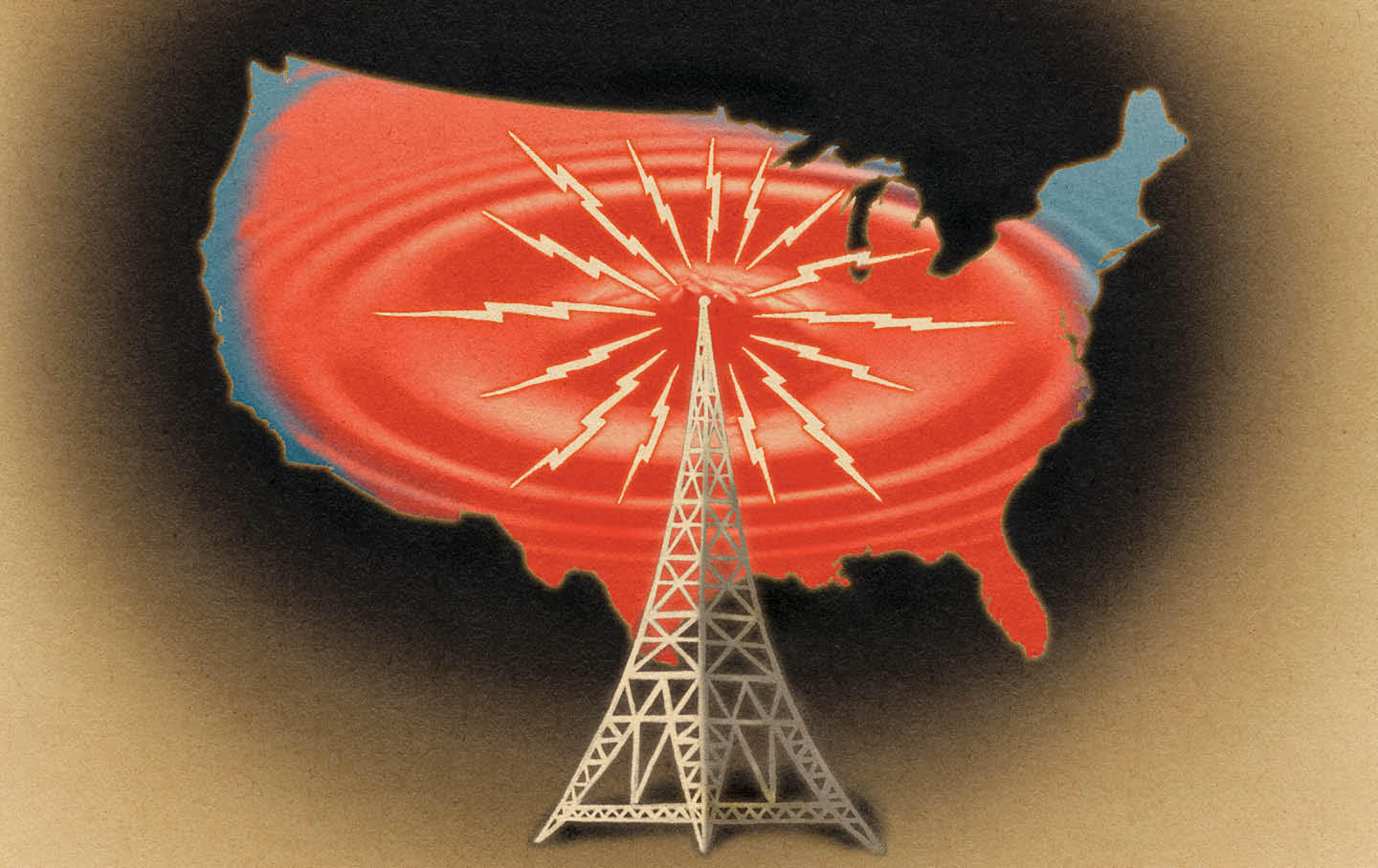Pillar
/
December 18, 2024
But between establishment defenders and anti-establishment candidates. Democrats failed because they made Trump the only voice of anti-establishment rage.
edit

In 2016, American politics was turned upside down by Obama-Trump voters, but by 2024, we have an even stranger phenomenon: AOC-Trump voters. Trump’s first victory was thanks to many voters (an estimated 13% of Trump’s support) who had voted for the first African-American president at least once, and often twice, before. In his third presidential campaign, Trump has enjoyed unexpectedly strong support in congressional districts that also support strong left-wing Democrats like Ilhan Omar and Rashida Tlaib. Strikingly, Trump’s approval rating in the district of Alexandria Ocasio-Cortez, another member of the “team”, is more than 11% higher than in 2020, despite this The congresswoman herself won in a landslide with 68.9% of the vote.
The existence of AOC-Trump voters can be confusing to those who only view politics from left to right. After all, Trump is a far-rightist and AOC is a fiery leftist.
But left and right are not the only relevant classifications in politics. Ben Kavale free press AOC-Trump voters were interviewed in an illuminating TikTok video, in which some expressed anger about inflation while others complained about Kamala Harris’ record as a shrewd prosecutor. “Kamala Harris is a puppet,” said one African-American woman. When Kavale asked, “Whose puppet?” the woman responded, “The system’s puppet.”
Using the succinct phrase “puppet of the system,” we get to the heart of why Donald Trump won in 2016 and 2024—both times as an anti-establishment politician who channeled deep feelings about the status quo. The anger of frustrated voters. In those elections, the choice was between Trump, a disruptor, and a rival who presented himself as a defender of a fundamentally good system — one that might need some tinkering around the edges, but doesn’t Fundamental changes. In 2020, Trump himself had the misfortune of becoming the face of an unwelcome status quo: a country ravaged not only by the coronavirus pandemic but also by mass uprisings over police brutality. In that election, Trump was not the enemy of humanity; He is that man. This helped Joe Biden (supported by Bernie Sanders’ economic populism) win the largest popular vote total in US history: 81 million votes. When all votes are counted in 2024, Harris will have about 75 million votes, a drop of about 6 million votes.
Not only in the United States, but also in other advanced democracies around the world, the most obvious divide at present is not between the left and the right, but between the system and the anti-system. in his important works anti-establishment politics Jonathan Hopkin (2020), a political scientist at the London School of Economics and Political Science, believes that the 2008 global financial crisis broke the neoliberal consensus that has dominated Western countries since the 1980s, creating challenges for politicians on the left and right Opened the door. Hopkin writes that during the period of dominance of neoliberalism, in which the market competition model dominated, “the major parties gradually converged around this model of market liberalism, making electoral democracy lose much of its meaning as established political elites It’s becoming more and more like a ‘cartel’”. ‘Offers a limited range of policy options. “
When neoliberalism collapsed in 2008, a path opened for right-wing, anti-establishment politicians (Trump, Italy’s Matteo Salvini, Hungary’s Viktor Orbán) who promoted xenophobia and economic nationalism. It also opened the way for the left-wing anti-establishment movement (Podemos in Italy).
current problem

As Hopkin wisely points out, “We should not dismiss anti-establishment politics as ‘populist’ because it is driven by racial hatred, vague foreign conspiracies, or an irrational belief in ‘fake news,’ We need to first understand what is wrong with the rich.
In American politics, the Republican Party has been taken over by an anti-establishment movement (Trump’s MAGA), while the Democrats have defeated and conquered their anti-establishment challenge (some of Sanders’s major policies were adopted by Biden, but Sanders and his The anger of the working class expressed by the leaders) was not echoed by the party leaders) by its most fervent supporters).
Strikingly, in response to Trump, both Hillary Clinton and Kamala Harris adopted pro-establishment rhetoric that cast them as defenders of a status quo threatened by dangerous destabilizing interlopers . Both candidates cited Republicans (Christina Todd Whitman and John Warner for Clinton, Liz and Dick Cheney for Harris) as well as retired military officers and Wall Street titans (Michael Bloomberg, Mark Cuban) support. While Democrats touted support for these establishment pillars, Trump’s own bipartisanship went in the opposite direction: He surrounded himself with former Democrats who were criticized for their unorthodox (and sometimes unorthodox) views on vaccines. Denial of crazy) views and marginalized by the party.
In his post-election lament, Sanders accurately noted: “Democrats ran a campaign to protect the status quo and tinker around the edges. Trump and the Republicans campaigned on changing and disrupting the existing order. Not surprisingly, The Republicans won.
In response to this populist outrage, Bill Clinton, the weakened but still arrogant prince of neoliberalism, said that by “demonizing all institutions and all people who wear ties… to work and get a good education, we are Undermining the legitimacy of…the people”. They actually know things that are very important to us today and very important to our continued growth, prosperity and harmony. “
Democrats must make a choice now. Like Bill Clinton, they can redouble their efforts to become the party of the establishment. Or they could finally adopt the politics of Bernie Sanders, which would mean not just a few reforms but a full-scale attack on plutocracy as the enemy of democracy.
More from nation

The idea that America is on its way to overall “greatness” when he doesn’t win a majority of the popular vote is bizarre.
Johnny Nichols for nation

While show-offs like Elon Musk and Robert F. Kennedy Jr. get all the attention, the real power in Trump’s second term is likely to be held by obscure bureaucrats and policy intellectuals…
feature
/
Chris Lyman

The outgoing Senate Republican leader rejects imagined isolationism and advocates a return to Cold War militarism.
Oh Lord

According to conventional wisdom, elections over the past quarter-century have proven that much of the country leans conservative. It all starts with a map.
feature
/
Tarens Ray

The president-elect’s recent settlement with ABC News is an early offensive in a sweeping “Make America Great Again” war on media independence.
Chris Lyman


